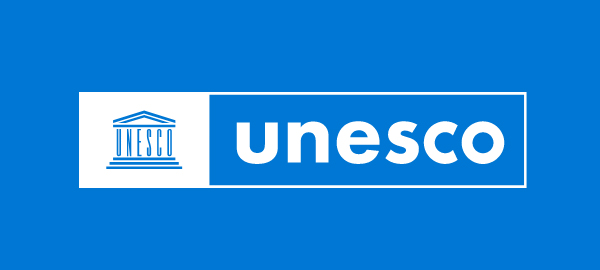UNESCO and NIELIT collaborate to promote ethical principles in AI development
A letter of commitment is signed by UNESCO and NIELIT to advance ethical AI usage, openness, knowledge, and innovation for the benefit of society.

The National Institute of Electronics and Information Technology (NIELIT), Government of India, and the United Nations Educational, Scientific and Cultural Organization (UNESCO) have joined forces to advance the implementation of the UNESCO recommendation on the ethics of artificial intelligence (AI) while fostering transparency and enhancing the potential of AI technologies to improve society while upholding strict ethical standards.
In addition to focusing on analysis and practices that will support the UNESCO Global Observatory on the Ethics of Artificial Intelligence, the partnership will concentrate on capacity building and training initiatives to ensure that policy, regulatory, and ethical considerations are in line with the UNESCO Recommendation. By empowering human capital, paving the path for robust regulatory frameworks, and promoting investment in technology that emphasizes social advancement, this partnership strives to further these goals.
Why does it matter?
The focus on promoting the ethical use of artificial intelligence (AI) makes this partnership between NIELIT and UNESCO extremely important. AI is essential in influencing many facets of society in the continuously changing technology world of today. It is essential to ensure that AI technologies are created and applied in a way that strictly complies with ethical norms to avoid potential abuse and negative effects. Incorporating UNESCO’s AI ethics recommendation into policy, regulatory frameworks, and training initiatives, this partnership not only promotes accountability and transparent AI practices but also equips people with the knowledge and abilities they need to deal with the ethical issues raised by AI. In the end, this project seeks to harness AI’s potential for society advancement while protecting against any negative effects, making it a vital and forward-looking collaboration.
